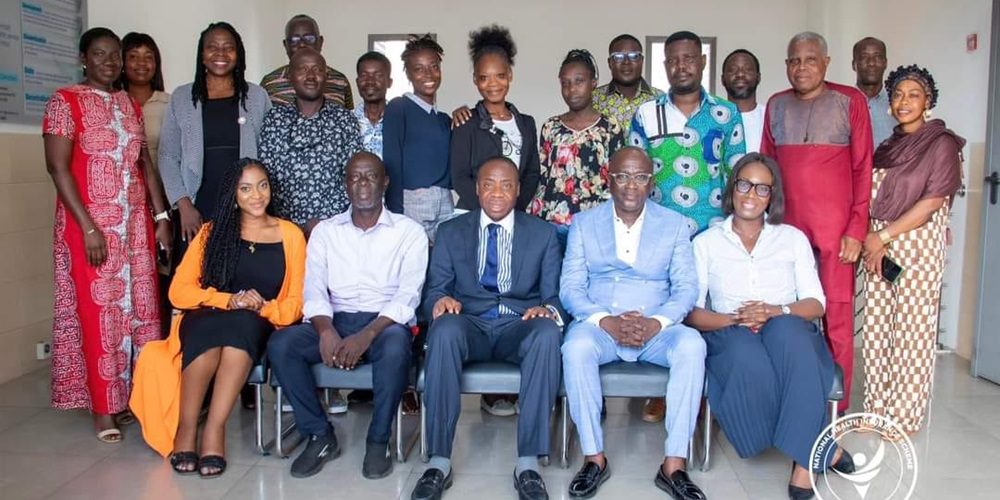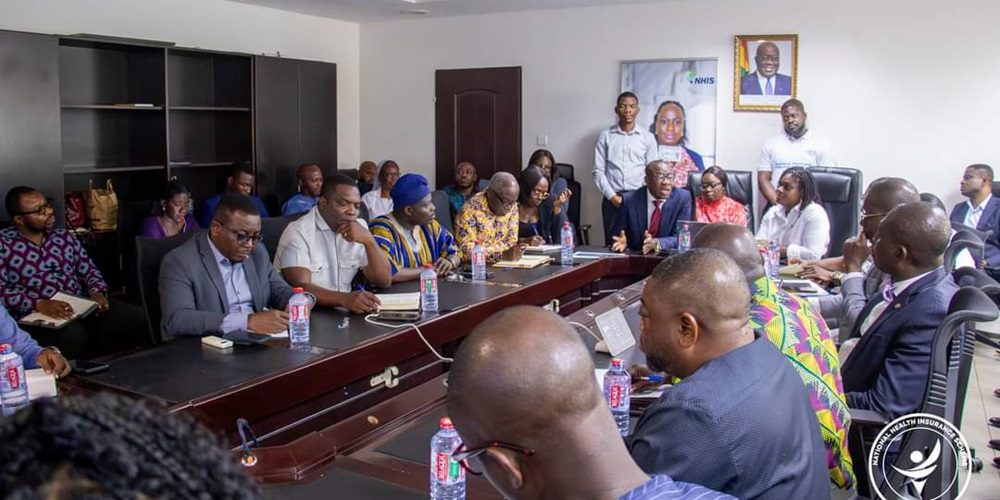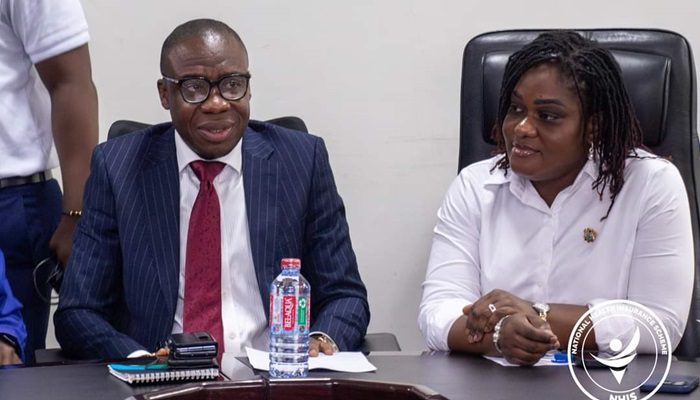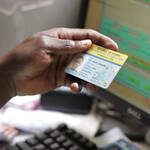The National Health Insurance Authority (NHIA) is set to transform kidney disease care in Ghana with the rollout of its Free Dialysis Treatment programme on December 1, 2024.
This initiative will provide critical financial relief to over 400 individuals currently undergoing dialysis, with the potential to support up to 1,200 patients annually.

A lifeline for kidney patients
Dr. DaCosta Aboagye, CEO of the NHIA, announced the programme during a press briefing at the NHIA headquarters in Accra.
He explained that the effort is in collaboration with 40 public health facilities and the Renal Unit, integrating free dialysis sessions into the NHIA benefit package.
The announcement follows the success of a six-month pilot programme conducted earlier this year.
The pilot, which began in June, focused on three groups: children under 18 and adults over 60 received full coverage for dialysis, while individuals aged 19 to 59 were eligible for two sessions each.
Financial sustainability
The pilot programme was funded by a GH₵4.2 million allocation, including GH₵2 million approved by Parliament and GH₵2.2 million from the NHIA’s Corporate Social Responsibility budget. Based on these results, the NHIA estimates an annual cost of GH₵20 million to GH₵57 million to sustain the programme.
Dr. Aboagye assured the public of the programme’s financial viability, citing the NHIA’s projected GH₵8.1 billion budget for 2025.
He emphasized that the allocation for dialysis is achievable through internal cost adjustments and administrative budget reallocations.
He also highlighted potential funding sources, such as a proposed cap on NHIA contributions to 20 percent, as outlined in the manifestos of both the NPP and NDC, which could generate an additional GH₵1.3 billion annually.
Expanding capacity
To ensure the programme’s sustainability, the NHIA, in collaboration with the Ministry of Health and the World Bank, has procured 30 new dialysis machines, with seven already delivered and the remaining 23 awaiting clearance at the port. Fifteen additional machines have also been approved for procurement.
Each dialysis machine will come with 2,000 consumables, providing a total of 6,000 consumable sets to maintain the programme for years to come.
Furthermore, the government’s Agenda 111 initiative will establish Renal Units equipped with modern dialysis machines in district hospitals, decentralizing access to care.

Preventive measures integrated
In addition to treatment, the NHIA is focusing on preventive measures to combat kidney disease at its roots.
Regular screenings for diabetes, hypertension, and Body Mass Index (BMI) are now part of the NHIA’s benefit package, encouraging Ghanaians to prioritize early detection and prevention.
“These preventive measures will enable early detection and help reduce the incidence of kidney disease in Ghana,” Dr. Aboagye noted.
A landmark in healthcare
The NHIA’s Free Dialysis Treatment programme marks a significant step forward in improving access to life-saving healthcare services in Ghana.
By addressing both treatment and prevention, the initiative aims to alleviate the financial burden on patients while reducing the prevalence of kidney disease nationwide.




